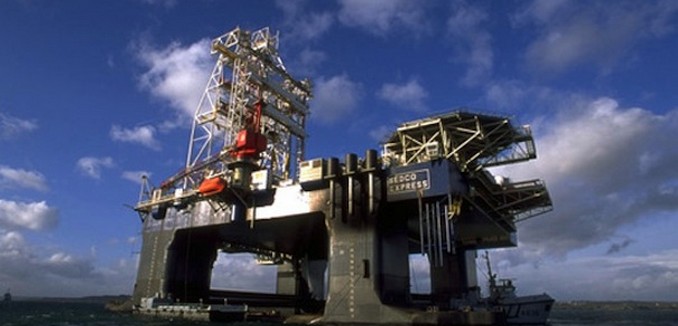Israel has been exporting gas to Jordan since January, it was announced on Thursday.
Yossi Abu, CEO of Israeli company Delek Drilling, said that “since early this year we started to export, it’s not huge quantities, but it’s still an export to Jordan.” Delek and American company Noble Energy hold controlling stakes in Israel’s Leviathan and the smaller Tamar gas fields and have been largely responsible for their development so far. This is the first time ever that Israel has exported energy.
The AFP says that the gas exports to Jordan are part of a £400m ($490 million) 2014 deal with two state-owned companies, Arab Potash and Jordan Bromine, to import 2 billion cubic meters (71 billion cubic feet) of gas from the Tamar field over 15 years.
Abu also said yesterday that a 300-mile long underwater pipeline could be completed by 2020, which would allow Israel to supply gas to Turkey. According to Reuters, Abu said: “This is the target.” He added that other potential export destinations include Egypt, Europe and Palestinian power plants in the Gaza Strip and West Bank.
In September, the Leviathan gas field partners, which also include Nobel and Delek as well as Israeli company Ratio, agreed a £7.7bn ($9.4 billion) deal over fifteen years to supply Jordan with around 45 trillion cubic meters (1.59 trillion cubic feet) of gas, making Israel Jordan’s primary gas supplier. The Leviathan field is expected to start operating at the end of 2019.
The Leviathan and Tamar natural gas fields, were discovered in 2010 and are thought to contain enough to supply the Israeli market for a century.
Development of Israel’s nascent energy industry was thrown into doubt in December 2014, when Israel’s antitrust regulator recommended ending Noble and Delek’s dominance in Israel’s natural gas development. This led to public protests and accusations that the Government was giving the energy companies too good a deal. A year later an agreement was reached between the government and the regulator as to how exactly the industry would be overseen and monitored, including profit sharing between the state and the energy companies.
(via BICOM)
[Photo: BICOM ]




